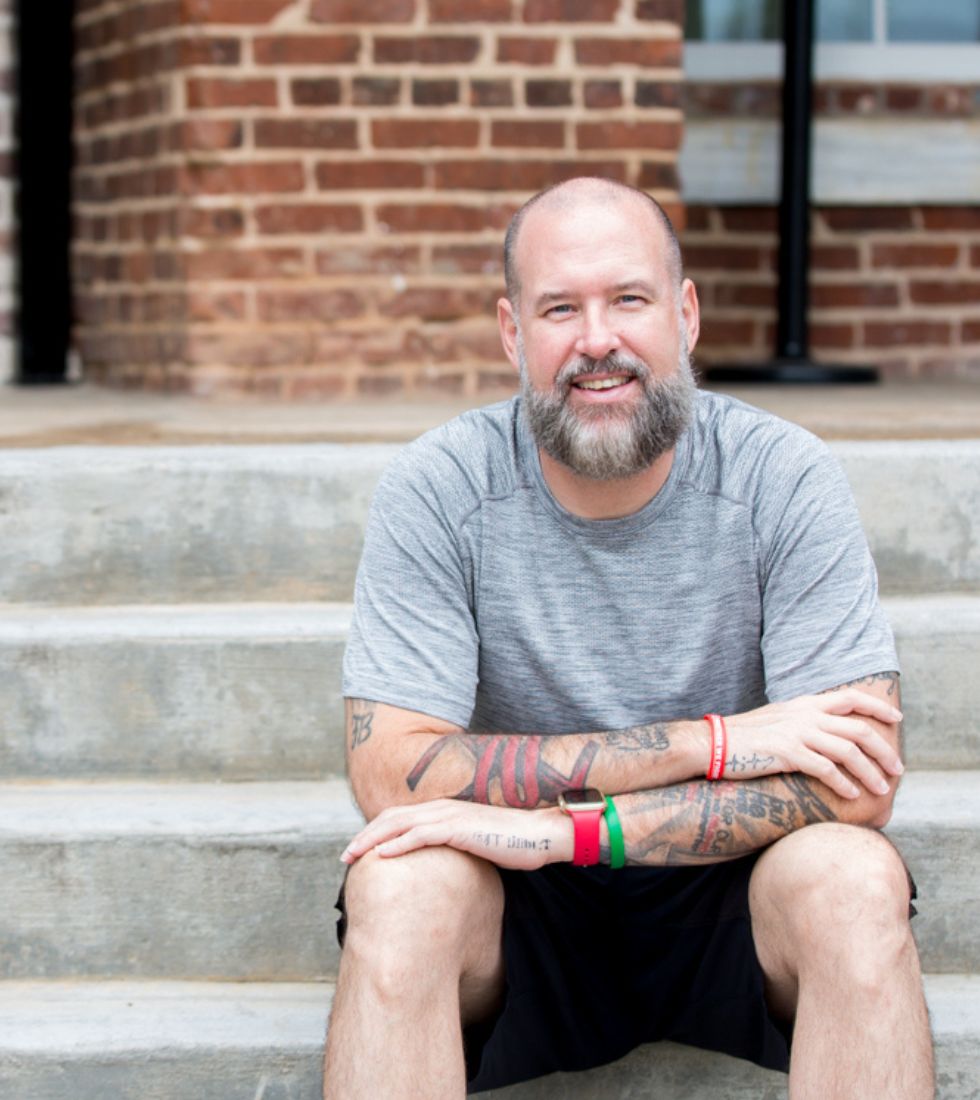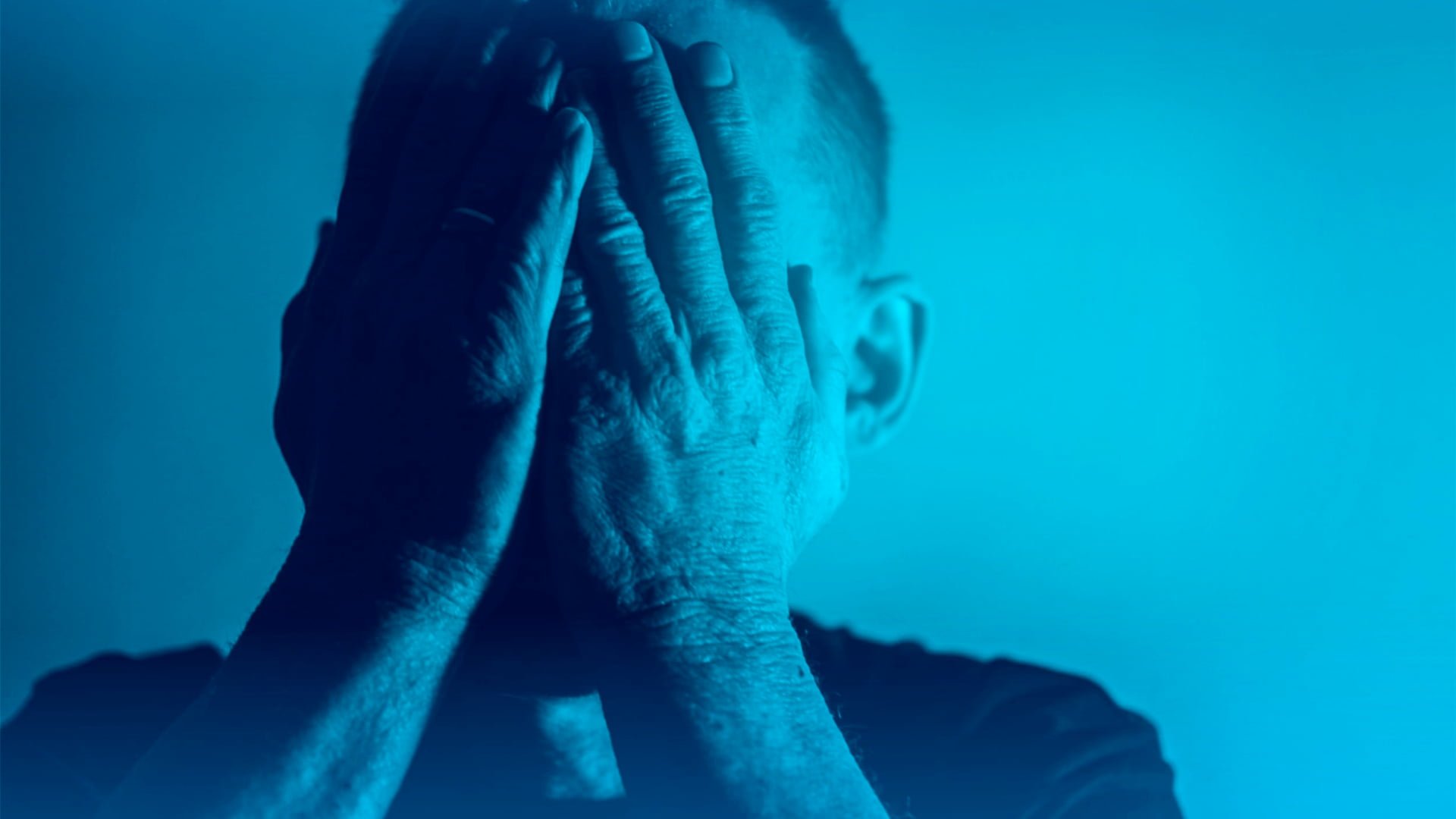Some superstitions and rituals seem harmless and may actually help us to become productive and produce positive results. However, when these rituals are taken to extremes and begin to affect normal daily function, it becomes an anxiety disorder that may lead to obsessive-compulsive disorder.
Superstitions
While believing that a lucky dress will give you the confidence to make a good impression during a job interview would seem like a harmless superstition, the same is true with the ritual of most mothers who makes it a point to always check and re-check if the flat iron had been unplugged or the oven was properly turned off before leaving the house. Many of us have little superstitions and rituals which help us become productive and produce positive results. However, when these rituals are taken to extremes and begin to affect normal daily functions, it becomes a problem.
The moment you start feeling that something will really go wrong simply because you are not wearing your lucky shirt — you develop a form of paralysis, at least in the psychological sense. When you feel the need that lucky shirt all the time to prevent something from going wrong, then it’s already as if the shirt has control over your life. This type of behavior, much like repeatedly checking if the flat iron was unplugged even if one has already double or triple-checked it, could be symptoms of Obsessive-Compulsive Disorder or OCD.
Obsessive-Compulsive Disorder
OCD is a mental health condition that creates a strong sense of uncertainty, doubt, anxiety, or fear in a person’s mind and triggers rituals like re-checking and re-doing. Although sometimes, everyone may feel anxious, fearful, or worried, these normal emotions and reactions help people protect themselves, stay safe, and solve problems. These feelings usually don’t last long and don’t come too often. In the case of people with OCD, these feelings are taken to extremes as if the brain does not recognize what’s dangerous from what’s not. There is a constant and lingering stream of fear, doubt, or anxiety in the person’s mind, instead of keeping normal worry under control.
OCD is a type of anxiety disorder characterized by recurrent, unwanted thoughts known as obsessions; and repetitive behaviors also called compulsions or rituals. People with OCD are pre-occupied with persistent thoughts that bring fear or worry about something that might happen. These negative thoughts and images are usually hard to shake off. They have a strong urge to perform these rituals or repetitive behaviors such as hand washing, counting, checking, or cleaning with the hope of preventing or getting rid of obsessive negative thoughts. The obsessions and compulsions are sometimes related to each other. A person who worries (obsession) about germs and about getting sick could have the urge or compulsion to wash hands or clean things often and repeatedly. They are too cautious to touch anything due to fear of germs.
There are times when the compulsions or the rituals don’t have anything to do with the obsessions or fear. For example, if things on the desk are not arranged properly, something bad will happen to a loved one. The oddity of the rituals and fear are so obvious that many people try to keep their OCD to themselves.
Although doctors and scientists still don’t know the real cause of OCD, recent research has shown that OCD is related to levels of a normal chemical in the brain called serotonin. When the proper flow of serotonin is blocked, the brain’s “alarm system” overreacts and misinterprets information. Instead of the brain filtering out these unnecessary thoughts, the mind dwells on them and irrational fear and doubt are experienced by the person.
What is the Cause of OCD?
There is strong evidence that OCD can be hereditary. Most people with OCD have one or more family members that also have an anxiety disorder. This disorder is often linked to unstable levels of serotonin in the brain. For this reason, scientists have come to believe that the tendency or predisposition of a person to serotonin imbalance that causes OCD is inherited or genetic. However, having a genetic tendency doesn’t mean people will develop OCD right away. It only means that chances are greater that they might. An imbalance of serotonin levels can also result in other types of anxiety disorder.
Like any other illness, having OCD is not the person’s fault. There is nothing to be embarrassed about getting therapy treatments and counseling from a psychologist or psychiatrist. It may seem hard to stop doing rituals at first but eventually, people will begin to feel safe and stronger about dealing with their obsessions and compulsions.

Somatic coach (therapist) in Canton, GA, and Worldwide Life Coach dedicated to inspiring and assisting people worldwide through candid conversations about anxiety. Having personally battled general anxiety, panic disorder, and OCD, I understand the daily challenges those grappling with anxiety face. My journey involved searching for the right therapist, medication, and natural supplements and undergoing various tests. It was only after deciding to reclaim my life that I finally overcame anxiety’s hold. I’m passionate about helping others conquer their struggles and discover their life purpose.

